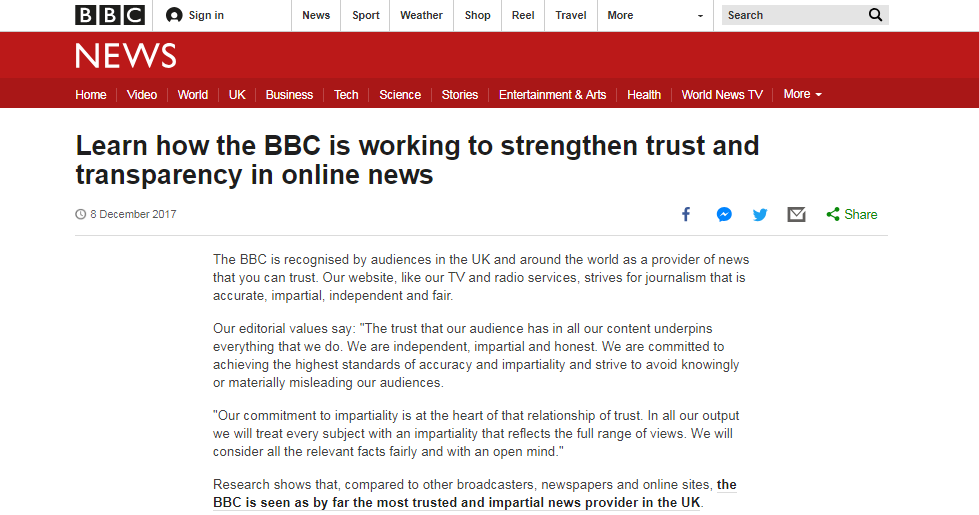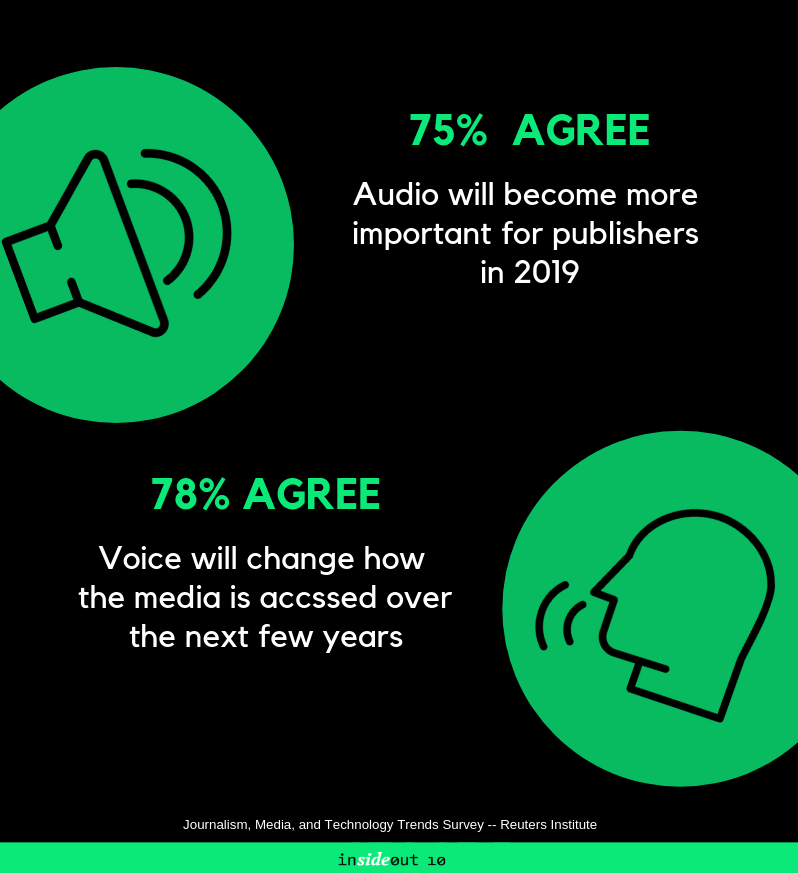
According to Reuters Institute Digital News Report of January 2019, the journalism field has faced many challenges in the past year; from the change of Facebook algorithm to the worst social media and digital technology privacy leaks. This, however, does not negate the fact that they can still be used to deliver better high-quality journalism. In 2019, we expect better outcomes, with more technology integration such as Artificial Intelligence and Virtual/Augmented Reality. In this article, we will share with you our top four digital journalism and media predictions of 2019 based on Journalism, Media, and Technology Trends Predictions report by Nic Newman.
1-A Test for Media Platforms
Elections Igniters
The elections poll this year in India and Indonesia will be a big defense test for social media platforms. The rise of religious hatred and intolerance in India has corresponded with the rise of social media, specifically political WhatsApp groups. Political activists and parties have established thousands of Whatsapp groups to spread their messages, which will be a hard task to audit. A new BBC study indicated that Indians feel that forwarding some of these political messages is their patriotic duty. Furthermore, In Indonesia, the government has reportedly set up a defense team of 70 engineers to fully block Facebook, if needed.
Fact Checking Indicators
Making a decision on what and what not to show as a publisher will be harder than it has already been. The different social search platforms along with aggregators will increase their focus on the credibility and the track record of publishers in 2019. This had proven effective in downranking false news. However, this year, more systematic approaches will be put into action. About 120 news websites have included indicators to gain people’s trust on their pages. The indicators link to details about online journalism ethics, fact-checking and editor’s corrections. Accordingly, established news websites hope that these indicators will differentiate them from unreliable ones.

BBC Trust Indicators
Stories vs. Feeds
The trends report also showed that publishers are thinking of moving away from Facebook to try the diversity of other social media platforms this year. Media publishers along with many others have moved from feeds to stories last year, due to the huge traction that these stories have received. According to Facebook, people will use stories more than feeds to share with their friends in 2019. On a daily bases, about 150 million people use stories on Facebook, 300 million people on Instagram, and 190 million on Snapchat. A notable mention here is the AMP stories, which firstly appeared in 2018 at the top of some Google searches. These AMP stories will become more important for Google news distribution this year, operating on Android devices.
2-The Business of Journalism
The Game of subscriptions
Regarding changes in the journalistic field this year, news websites will place further subscription limitations on their online content. The limitations will range from putting entire website behind paywalls to introducing new membership models for loyal readers only like what is used by HuffPost and the Independent. However, these limitations might not be the ultimate solution in 2019, as we might witness the rise of ‘subscription blockers’ downloadable software or maybe browsing extensions that will give people a way around paywalls. One solution for news websites is to force users to login with their information, but that will result in a decrease in occasional readers and advertising revenues as well.
Organizational Changes
Another change in the journalism field is equal opportunities for different genders. More organizations will try to follow the example of Ben Bartenstein, a business reporter at Bloomberg, who made sure that he is giving enough opportunities by approaching more diverse sources. Ben’s colleague helped him to build lists of people, and he went further to start the “New Voices” initiative, where they give media training to executive women. As a result of his imitative efforts, Ben argues that including more women has given him a competitive advantage of coming up with intriguing higher impact stories.
3-AI in the Newsroom
Publishers and newsrooms are planning to invest more in the potentials of Artificial Intelligence (AI) and Machine Learning technologies (ML).This investment, however, will not be at the expense of journalists and editors. Editors will still be valued more than machines; the integration of both humans and AI technologies are also needed to assist journalists and editors in their jobs to hopefully reach a high level of accuracy and efficiency.
At AP 72% of publishers denoted that they were experimenting with the different tools of AI, however, in 2019, there will be real life application of AI, said Lisa Gibbs, Director of News Partnerships.
The application of AI will mainly fall into three main categories
1- Using Machine Learning to individualize content and generate customers’ recommendations more efficiently.
2- Making more automated videos and stories (Robo-Journalism).
3- Presenting tools that help journalists dealing with the overloading of information and enhancing their work, like Wordlift for example.

Robo-Journalism Expected to Expand Despite Limitations — Financial Tribune
4-Audio and Voice in 2019
The huge sales of millions of new smart devices, spreading globally, and the rapidly growing popularity of podcasts, have set audio to be one of the biggest media topics of 2019. In the United States, it is estimated that up to 40 million individuals own a smart speaker, while in the UK it is about 7 million people. The digital Survey of Reuters News disclosed that (75%) of the respondents believe that audio is becoming an essential part of content creation and the different marketing strategies of publishers that they are building audio production units. Moreover, the majority of respondents (78%) believe that, during the next few years, voice-controlled technologies like (Google, Assistant and Amazon Alexa) will change the ways people discover media.

